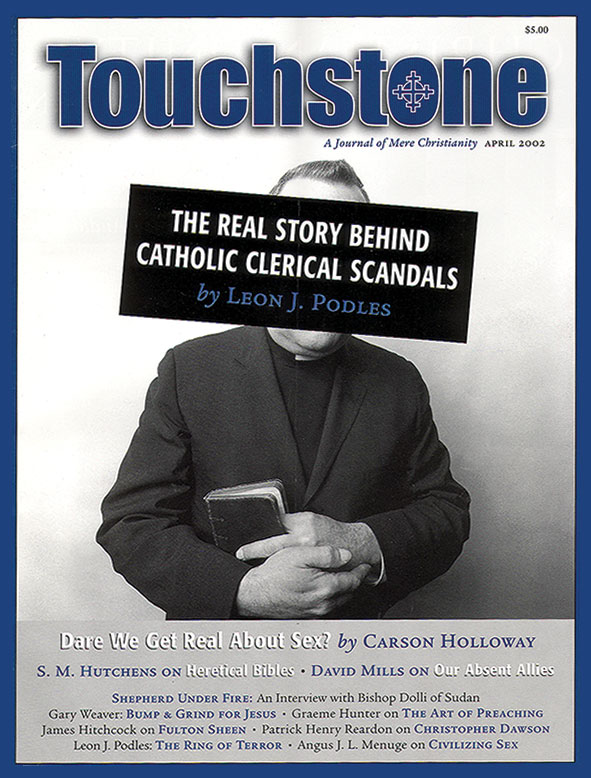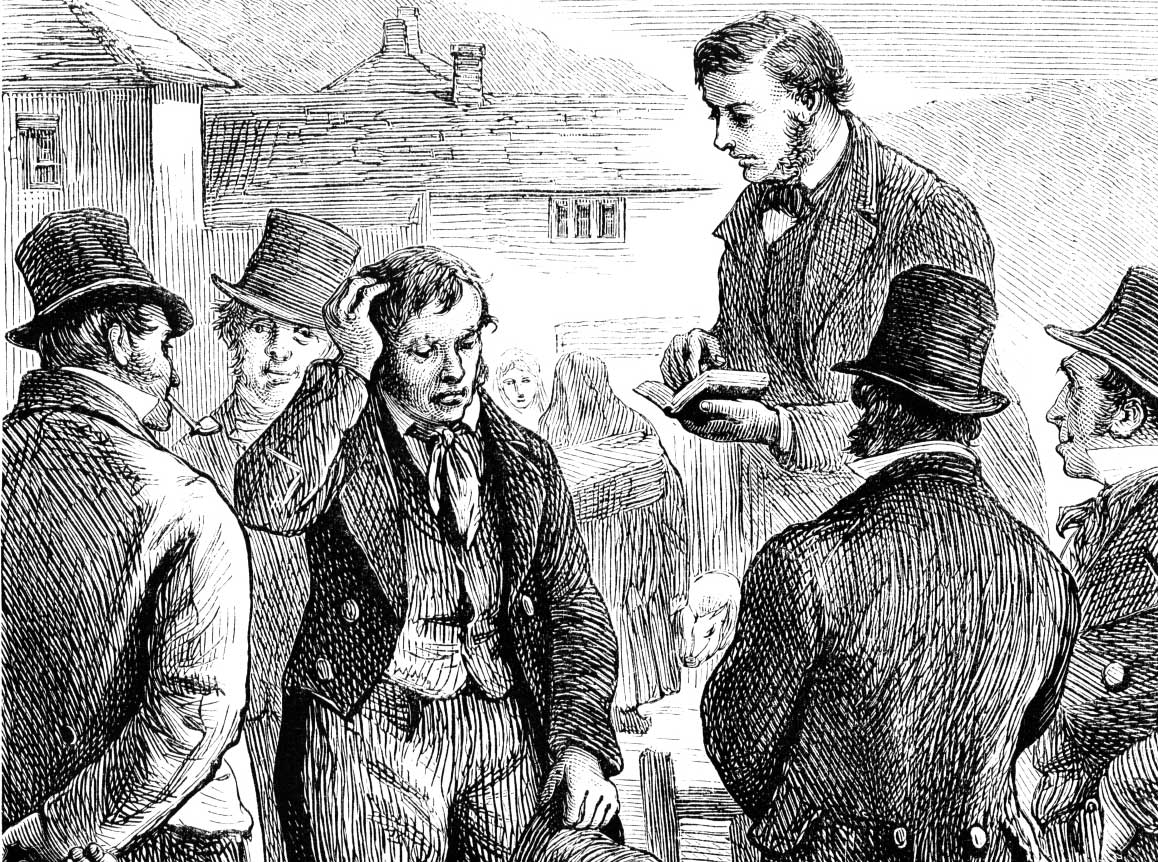Looking for Truth in Dangerous Places
The revelation that a young American named John Walker Lindh has been fighting for the Taliban in Afghanistan adds yet another twist to the issue of religious fundamentalism, which “enlightened” opinion insists is a dangerous phenomenon.
In the case of Walker (as apparently he calls himself) the most interesting question—still unanswered—is what drew him to Muslim extremism. He had what enlightened opinion would consider a model upbringing, completely insulated from religious fanaticism. He was raised in ultra-trendy Marin Country in California, his father a Catholic, his mother a Buddhist, and attended a self-consciously “progressive” school that tried to teach its students “to think for themselves.”
Somehow Walker “thought” his way into what is perhaps the most extreme religious movement in the world today, one that negates everything his upbringing taught him. The Taliban believe that they alone possess all relevant truth, and they are utterly intolerant, even to the point of killing those who reject their doctrine. Part of their religious system is the most extreme subjugation of women.
One would thus assume that, when Walker’s recent history came to light, his parents and former teachers would have asked themselves plaintively, “Where did we go wrong?” Instead, they have rushed to be “supportive.” Like a father in a television comedy, Walker’s father’s only complaint is that his son left home without saying where he was going. The principal of his former school is pleased that Walker showed the kind of “independence of mind” that the school seeks to cultivate, and some of the residents of Marin County are likewise gratified that Walker followed his own path.
These seeming contradictions can be explained in two related ways. One is that Walker sided with America’s enemies, and we are still suffering from a legacy of the l960s that says, “My country is always wrong.” The other, also a legacy of the l960s, is the belief that any extreme position, so long as it is personally chosen, is to be respected as a sign of courage and authenticity.
But it is not quite that simple. Suppose Walker had joined an extremist Christian sect and had begun bombing abortion clinics, proclaiming that the United States embodies the culture of death. Then, I strongly suspect, his parents and former teachers would not be nearly so understanding or admiring. Then indeed they would ask, “Where did we go wrong?” It would not even have been necessary for Walker to engage in acts of violence. Joining the Christian Coalition would have been enough to raise alarms.
It is not true that enlightened opinion condemns all forms of extremism and violence. Some liberals have offered only perfunctory condemnations of the bombing of the World Trade Center, the main lesson they want to teach us being greater “understanding” of groups other than our own.
In the midst of the turmoil that followed the September 11 attacks, a woman in California was on trial for terrorist acts she engaged in decades ago. There was an outpouring of liberal sympathy for someone who was idealistic, at best perhaps a little too intense. There is a modern intellectual tradition of approving acts of violence as demonstrating the seriousness and “commitment” of the perpetrators.
Predictably, a journalistic commentator warned that Walker’s case shows “the danger of a life lived by absolutes,” which indeed it does. But that still leaves unsolved the riddle of how Walker’s sanitized upbringing brought him to the place he now occupies. If religious “indoctrination” can lead to these results, apparently so can a determined system of non-indoctrination.
Walker’s development is unusual in that he gravitated towards an extreme religious group with a resolutely pre-modern outlook. But it is possible that, like the “Unabomber,” who sent explosives through the mails in the name of environmentalism, and like the privileged young people who at one time joined terrorist groups like the Weathermen, his life also shows the dangers of complete “openness,” of the rejection of all absolutes, of unlimited “pluralism.”
There is something basic to human nature that longs for truth, and if people are denied access to it in traditional ways, they may look for it in unexpected and possibly dangerous places.
James Hitchcock is Professor emeritus of History at St. Louis University in St. Louis. He and his late wife Helen have four daughters. His most recent book is the two-volume work, The Supreme Court and Religion in American Life (Princeton University Press, 2004). He is a senior editor of Touchstone.
subscription options
Order
Print/Online Subscription

Get six issues (one year) of Touchstone PLUS full online access including pdf downloads for only $39.95. That's only $3.34 per month!
Order
Online Only
Subscription

Get a one-year full-access subscription to the Touchstone online archives for only $19.95. That's only $1.66 per month!
bulk subscriptions
Order Touchstone subscriptions in bulk and save $10 per sub! Each subscription includes 6 issues of Touchstone plus full online access to touchstonemag.com—including archives, videos, and pdf downloads of recent issues for only $29.95 each! Great for churches or study groups.
Transactions will be processed on a secure server.
more from the online archives
calling all readers
Please Donate
"There are magazines worth reading but few worth saving . . . Touchstone is just such a magazine."
—Alice von Hildebrand
"Here we do not concede one square millimeter of territory to falsehood, folly, contemporary sentimentality, or fashion. We speak the truth, and let God be our judge. . . . Touchstone is the one committedly Christian conservative journal."
—Anthony Esolen, Touchstone senior editor









